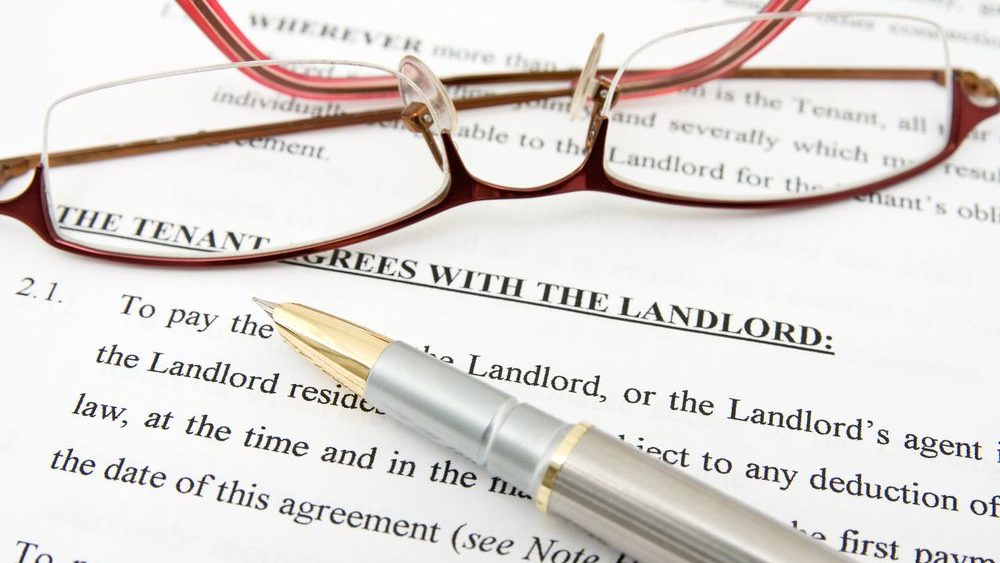As a rental property owner/manager, identifying less than quality tenants is imperative.
There are many reasons for a property owner/manager to avoid difficult tenants. Being able to recognize them in the first place helps alleviate the stress of having to deal with them later.
They may pay rent late each month, damage your property, or create a noise problem in the neighborhood. Characteristics may differ, but the outcome is usually the same.
Difficult tenants might fall into one of the following categories:
- Careless in caring for the property
- Often late paying rent
- Laws don’t apply to them
- Whiners and complainers
- Subletting and strangers
Measure to Prevent Tenants from Damaging Your Rental Property
- Detailed Lease: Put it in writing what the maintenance expectations are before the tenants take possession of the home.
- Do a Move-in Inspection: Photos will document the condition of the property, giving you something to compare with when the tenant moves out, so you can legally charge for damages.
- Perform Routine Inspections: At least twice a year, inspect the property for any potential maintenance concerns. If the tenant is no keeping up the property, you can address the subject sooner than later.
Managing Late Payers
- Firm Policies: Leases need to spell out precisely what the procedure for rent payments are and what happens if a tenant pays late. Be sure the tenant understands you will enforce the policy.
- Equal Guidelines: All tenants must be held to the same standard and guidelines. Make this clear from the start to avoid some of the negotiating attempts.
- Friendly Reminders: If the lease has a built-in grace period, consider an automated rent reminder for those tenants that miss the due date. Sometimes there are valid situations and a reminder can help avoid problems down the road.
Laws Don’t Apply to Them
It’s a fact that some people believe they can get away with anything. Common ways that tenants break the law ranges from the illegal selling or harboring of drugs to violent crimes and nuisance complaints. If a tenant in your property becomes criminally active, it is best to consult an attorney for advice. In some states, arrests do not change the tenant’s right to occupy the home. If that’s the case, here are some tips
- Screening: Pre-screening applicants will reveal prior criminal history. Evaluate this carefully in conjunction with other qualifications. Someone with a small blip 15 years ago may be an excellent tenant but watch for recent illegal activity or a pattern of behavior. If that’s the case, just say no.
- Regular Inspections: Periodic inspections of the home may reveal signs of illegal activities or potential problems, especially drug-related.
Dealing with Whiners and Complainers
- Your Legal Obligations Matter: Landlords are required to make certain repairs that are essential. But that doesn’t mean you have to react to every request.
- The Lease Terms Spell It Out: A lease clearly states who is responsible for what when it comes to maintenance. Light bulb out? Does the HVAC filter need changing? This is the tenant’s responsibility, and sometimes they need reminding.
Subletting and Welcoming Strangers
- Subletting: Simply do not allow it. Make this clear as part of the lease agreement and keep the lines of communication open. If the tenant is going to be away for an extended period, they need to understand they cannot sublet to someone else.
- Inspections: Again, the value of inspections can provide a wealth of information. If you discover unauthorized occupants, deal with it immediately with the tenant.
- Guests are Allowed: A tenant has the right to have guests come over or even stay a few days. But, anyone planning to stay longer than that should be cleared with the landlord.
When It’s Time for Difficult Tenants to Leave
When you’ve exhausted intervening, it is probably time to ask them to move out. It can be problematic to get a difficult tenant to leave voluntarily, but it isn’t impossible. Start by sending them a Written Notice to Vacate per the lease terms, and they will know you mean business. If they refuse to leave voluntarily, your only option is the costly eviction process.
The Eviction Process
Evicting a tenant should be a last resort since the process can be expensive. As a landlord, you must be familiar with the eviction requirements and laws in your area. Many states only allow eviction for one of these three reasons:
- Failure to pay their rent
- Failure to move out once their lease ended
- Violation of the lease terms
It’s not as simply as evicting a tenant just because you cannot get along with them. Unfortunately, that’s not an option.
Avoid the Stress of Being a Landlord and Hire a Property Manager
A reliable, respected Property Manager such as Cousin James Management can take away the stress of being a landlord and let you enjoy your investments more. From day one when you sign on with Cousin James Management, they will do the following:
- Intensive Tenant Screening
- Advertising/Marketing
- Move-In/ Move Out Reports
- 24/7 Maintenance
- Eviction and Lawsuit Services*
- Rent Collection
- Monthly and Annual Financial Statements
Contact Cousin James Management today to learn more about how becoming a rental property landlord can be more rewarding and less stressful. We’re here to help.
*Eviction and lawsuit services available only if you are a Cousin James Management customer.




